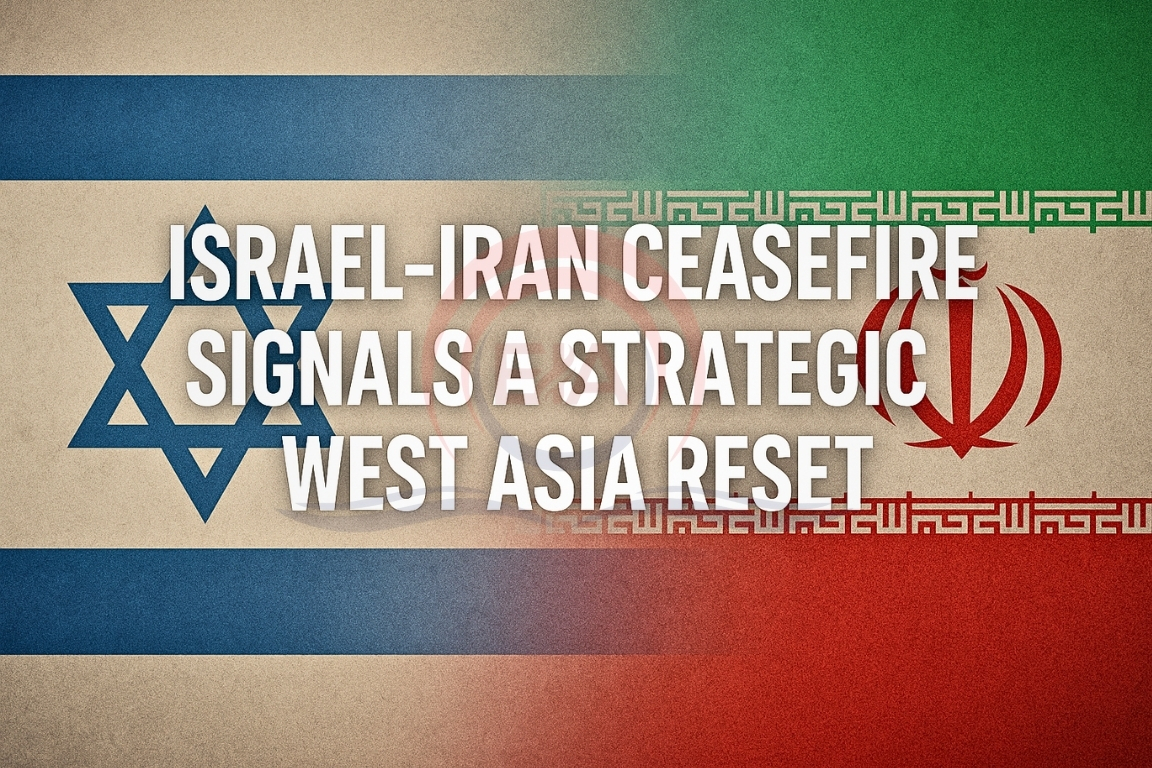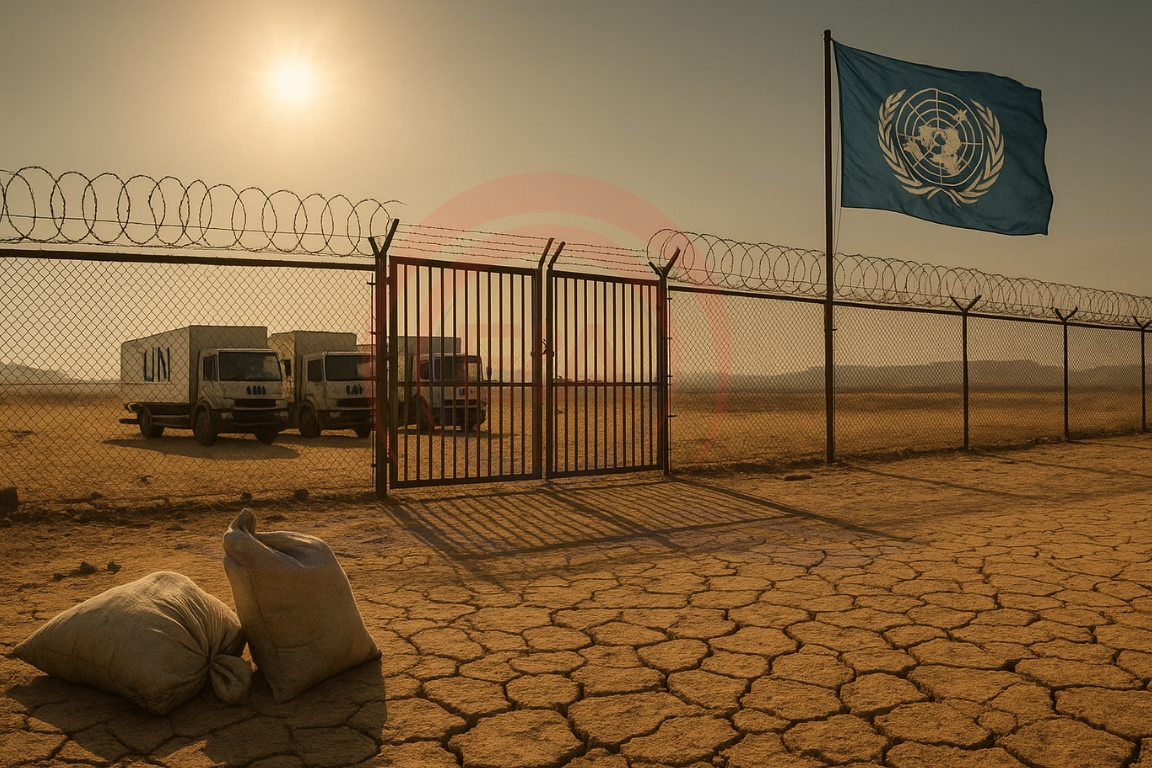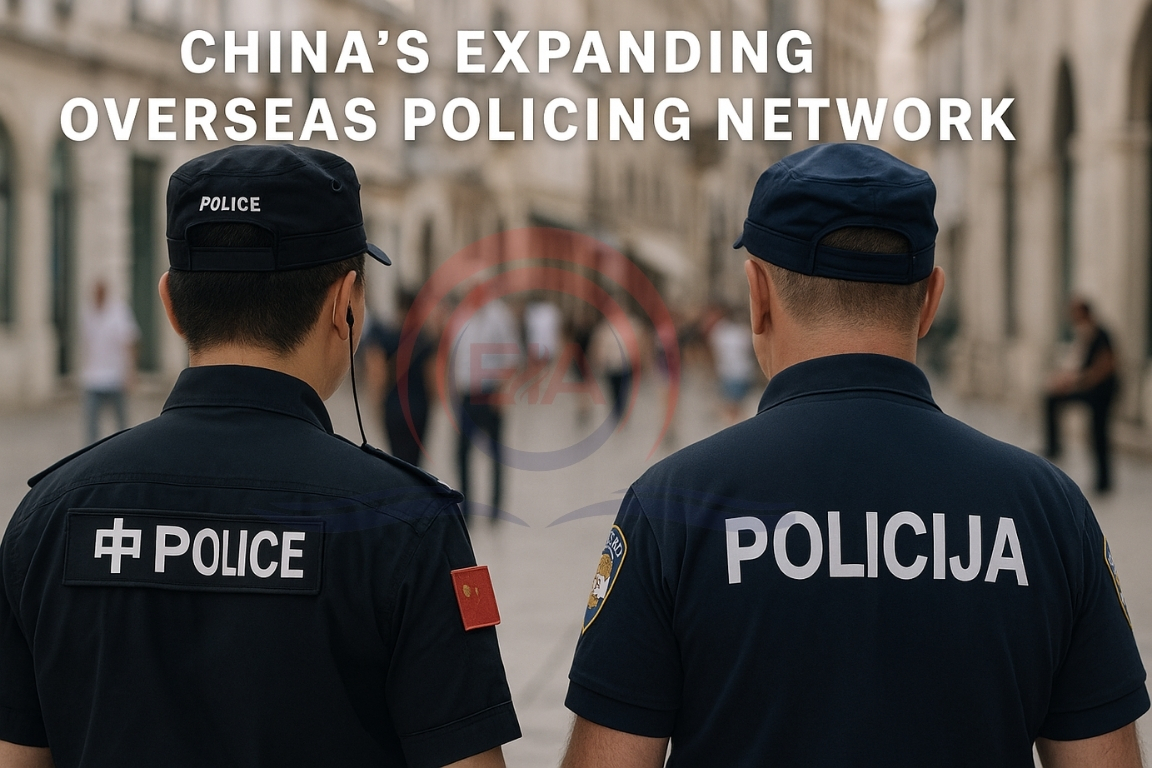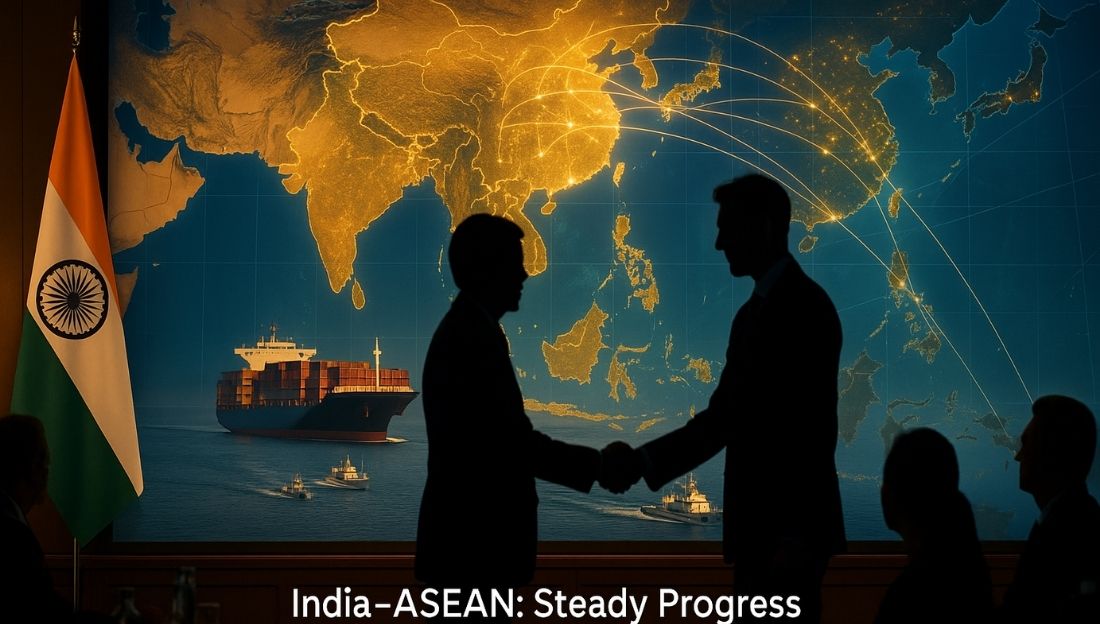The recent ceasefire between Israel and Iran marks a significant turning point in West Asia’s geopolitical landscape. This development signals a broader reset in the region, with global implications for peace and security.
Background of the Crisis
- The recent military confrontation between Israel and Iran saw attacks on Iranian nuclear facilities and missile responses.
- The United States supported Israel’s actions, with most global powers remaining silent.
- A ceasefire was later announced, marking the beginning of a strategic pause in hostilities.
New Power Balance in West Asia
- With Iran’s nuclear program now reportedly neutralized, Israel becomes the only nuclear power in the region.
- Over 40,000 American troops are stationed in the region, solidifying U.S. dominance.
- Regional players like Gulf countries, Egypt, and Jordan are now forced to adjust to this new reality.
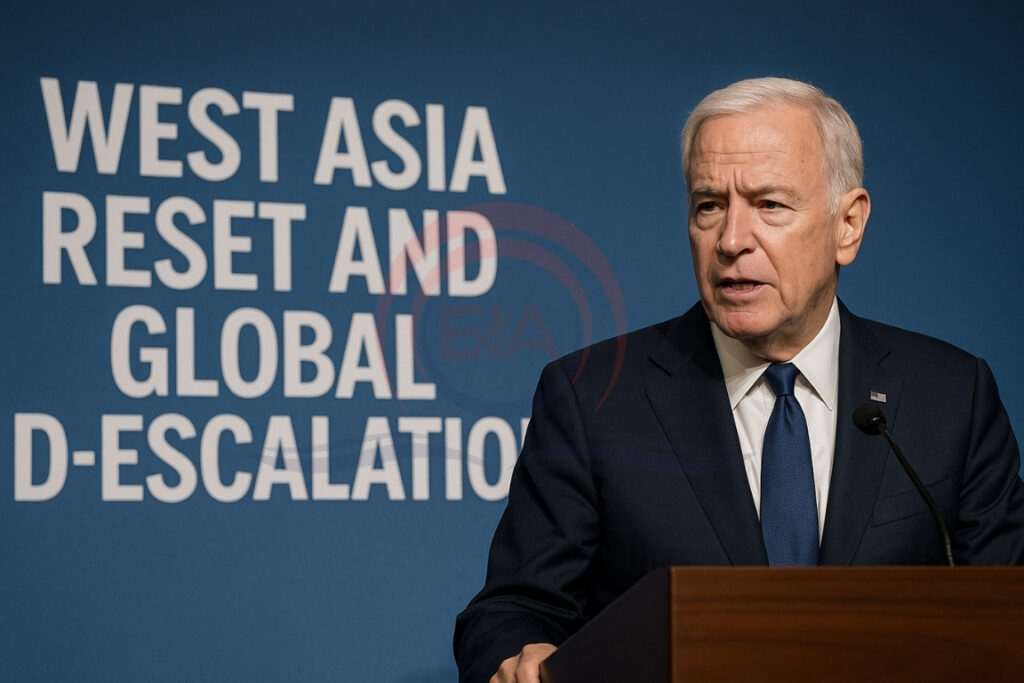
Concerns Over Regional Stability
- Iran’s allies (Syria, Hezbollah, and Houthis) suffered in the conflict, weakening Iran’s influence.
- However, experts warn that destabilizing Iran could empower extremist groups like ISIS and al-Qaeda.
- A weakened Iran may also make way for proxy conflicts and power vacuums in places like Syria and Iraq.
Role of the United States
- U.S. actions were seen as supporting a shift in regional order, favoring Israel.
- Critics argue that America’s silence on Palestinian statehood and Gaza blockade adds to regional unrest.
- While the ceasefire is welcomed, it is seen as a short-term de-escalation, not a permanent solution.
Global Reactions and Strategic Implications
- European countries, Russia, and China largely chose not to interfere, despite their formal partnerships with Iran.
- This silence reflects the global acceptance of the West Asia reset, though it may come with long-term consequences.
- Analysts believe this could redraw the political map of West Asia, giving more space to Israel and diminishing the Arab world’s influence.
India’s Position
- India has remained neutral, avoiding statements in favour of either side.
- With large diaspora populations and strategic interests in the region, India prefers to maintain balanced ties with both Israel and Iran.
Conclusion:
The ceasefire between Israel and Iran may seem like a positive development, but the deeper geopolitical shifts signal long-term instability. True peace will require inclusive solutions and recognition of all regional concerns—especially the rights of Palestinians.


